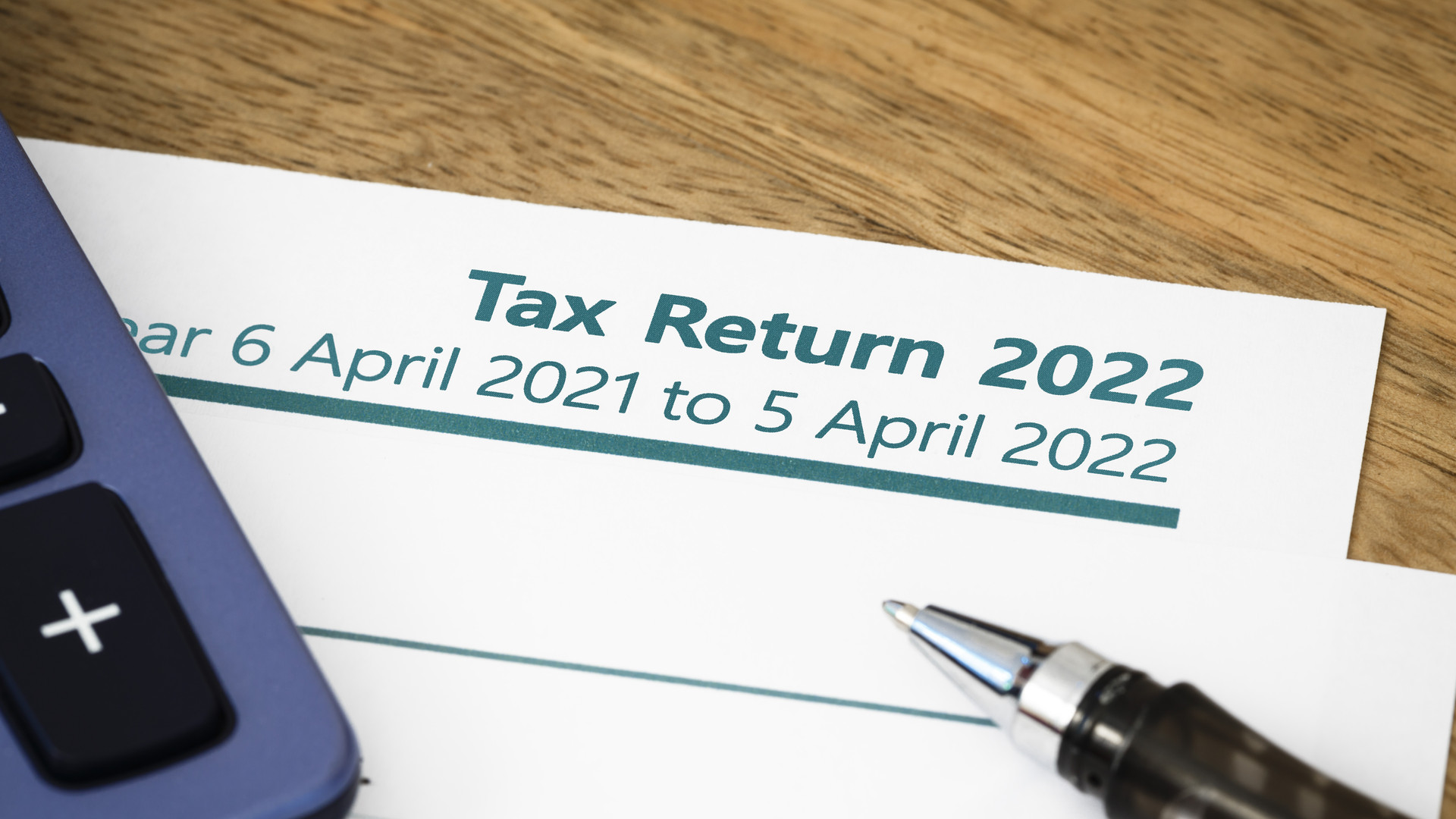I got a tax return this season, now what?
Filed your taxes and expecting to receive a tax return?
If you’re wondering what to do with the extra cash, consider using it towards your financial well-being and saving it in an emergency fund. Since the economy is still fluctuating — inflation is still at relatively high levels — it pays to save all or part of your tax refund for emergencies.
“Having money in a savings account is important so should something happen, someone should still be able to live their day-to-day life knowing that things can still continue on,” says Ben Joergens, Director of Financial Empowerment at Old National Bank.
Why an Emergency Fund Is Important For Your Financial Well-Being
An emergency fund is there to give you some financial breathing room should something unexpected happen. For instance, if a sudden car repair bill pops up or your HVAC breaks down, you’ll have money you can use instead of having to rely on debt.
You could also find that you’re laid off from your job, and you need money to pay your day-to-day expenses.
A general rule of thumb many experts recommend is to set aside around three to six months’ worth of expenses into your emergency fund. Considering the average tax refund in 2022 was $3,200, according to the IRS, that is a good starting point. It’s especially so if you don't already have an emergency fund.
Even if that amount isn’t close to how much you spend in three to six months, it’s a good start. Your tax refund can serve as a motivator to continue to set aside money for your emergency fund.
Where to Deposit Your Emergency Fund
Ideally, you’ll want to put your emergency fund in a separate savings account where you can access it relatively quickly. That way, you know the money is earmarked for emergencies, and you know you can make withdrawals as needed. Don’t make it too easy to withdraw money though — refusing the debit card that’s included with your account, for instance, can make it less tempting to dip into your funds.
Joergens suggests putting your tax refund in a high-interest savings or money market account. Aside from the benefit of the money being FDIC-insured, you can earn some interest, which is better than none at all.
"You can log into your account online or through your mobile banking and rename your accounts to show that it's solely for emergencies," Joergens says. "That way, we're emotionally tied to what the money is for and not as likely to withdraw it for other purposes."
When deciding where you want to open a bank account, you can start with your existing bank. Otherwise, consider other financial institutions and compare features such as interest rates and any monthly maintenance fees. It’s also important to ask what happens if there isn’t much activity in the account or any other fees that may crop up.
If you’re unsure, talk to the financial institution about your financial goals and what you’re hoping to achieve, and a representative can help suggest a banking product that suits your needs.
Using Your Tax Refund Towards Other Financial Goals
Other than putting your tax refund towards your emergency fund, you can put some of it towards other goals like paying down some of your high-interest debt. You’ll still want to have some money in savings.
“The aim is to work towards being debt-free,” Joergens says “You don’t want to pay off your debt, then not have savings and go back to using debt again, because you’ll go back to square one.”
If you want to use your tax refund towards debt, determine an amount you want to use, and put the remainder of it in your emergency fund. Depending on the type of debt you have, consider paying down the principal, or paying more than the minimum amount required each month.
Joergens also suggests aiming at tackling the debt with the highest interest first. Any loans with really low interest rates — such as if you refinanced or took out a mortgage when rates were at historical lows —may be better off with you paying the minimum amount and focusing on others first.
For those that have a fully funded emergency savings account, looking towards other financial goals such as investing your tax refund, saving for a home down payment, and even more towards your debt can be a smart move. Connect with a financial professional at Old National Bank to help you determine what are the best options for your financial goals and needs.
